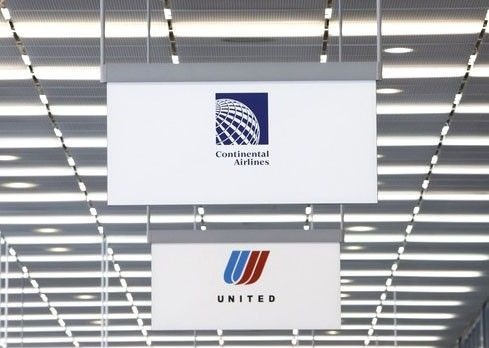Merger, acquisitions would be major driver for FDI flows in world economy: survey

A rebound in the cross-border mergers and acquisitions market would be the major driver of the world economic growth in foreign direct investment (FDI), said UNCTAD's survey.
United Nations Conference on Trade and Development (UNCTAD) is a promoter of the development-friendly integration of developing countries into the world economy.
According to the survey, the global FDI growth prospects for the next three years are brighter in the primary sector principally extractive industries and to a lesser extent in the services sector than in manufacturing.
Transnational corporations (TNC) are increasingly optimistic about the international investment environment and their own prospects for FDI this year and beyond, said the survey. This survey is based on the responses of 236 TNCs and 116 investment promotion agencies to an UNCTAD questionnaire. The survey points to a recovery in global FDI flows in 2010 and further growth in 2011 and 2012.
The report shows that global FDI flows could reach $1.3-1.5 trillion in 2011 and $1.6-2.0 trillion in 2012, up from an estimated $1.2 trillion in 2010.
TNCs based in developing economies are more optimistic about the growth of their FDI expenditures over the next few years than their developed-economy peers, especially when compared to TNCs headquartered in Europe.
The survey estimates a base-case scenario which assumes world economic growth of 3.0 percent in 2010 and 3.2 percent in 2011.
China, India, Brazil, US, Russian Federation, Mexico, UK, Vietnam, Indonesia, Germany, are the top ten investment destinations for FDI until the end of 2012 with the United States, last year's number two, now in fourth place. India has come to the second place from third, the UNCTAD said.
The crisis did, however, accentuate one recent trend, namely the shifting of TNCs' geographical focus to developing and transition economies. These economies, which weathered the downturn better and are leading the global recovery, are playing an increasingly important role in TNC strategies.
The forecasts of improving global economic activity, TNCs perceptions of the international investment climate are on an upswing. Compared to last year's survey, in which some 47 percent of respondents expressed pessimistic views regarding 2010, only 36 percent of respondents this year expressed pessimistic views for the current year.
Looking beyond 2010, the outlook is markedly brighter, with 47 percent of respondents expressing an optimistic view for 2011 and a solid majority 62 percent expressing an optimistic view for 2012. These results suggest that while TNCs are continuing to face short-term difficulties, the crisis has not structurally shifted their plans for the future.
The survey also suggests that the crisis was less destructive to FDI than had been feared. While investment budgets, including those for FDI, were squeezed during the crisis, TNCs did not engage in wholesale divestment of their foreign affiliates.
Increasing optimism and the lessening impact of the crisis have encouraged TNCs to maintain, and in some cases revise upwards, their international investment programmes, suggesting favourable prospects for FDI flows. Some 43 percent of respondents intend increasing their international investment expenditures in 2010 as compared to the low levels of 2009. Roughly 58 percent of respondents predict increases in 2011 and 2012.
© Copyright IBTimes 2025. All rights reserved.





















